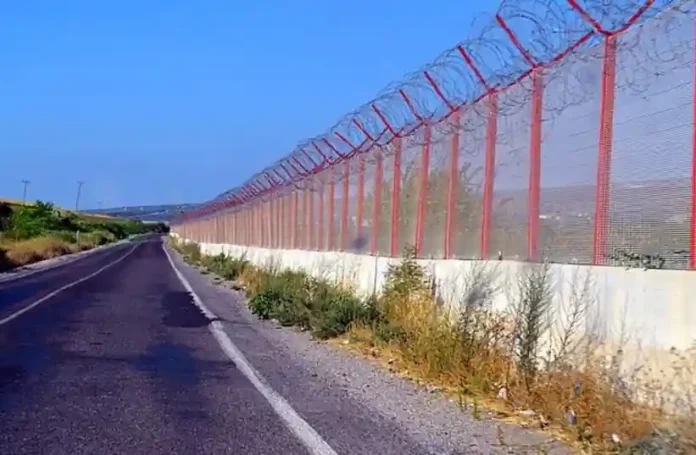In a troubling escalation of tensions, Turkish authorities have shut down the main border crossing into northwest Syria following violent clashes spurred by anti-Syrian sentiments across the country.
The unrest was sparked by reports of a heinous crime allegedly committed by a Syrian national, which ignited waves of anger among Turkish residents.
The incident, reportedly involving the sexual assault of a seven-year-old Turkish girl by a Syrian man, triggered widespread protests in several Turkish cities, including Kayseri, Hatay, Gaziantep, Konya, Bursa, and Istanbul.
Rioters took to the streets, unleashing a wave of destruction that included vandalizing vehicles and setting fire to Syrian-owned businesses.
Amid the chaos, Turkish security forces found themselves engaged in armed confrontations with Syrian counter-protesters. In the border city of Afrin, clashes between Syrian and Turkish soldiers resulted in the tragic deaths of four individuals, further exacerbating the volatile situation.
President Recep Tayyip Erdogan, addressing the nation, condemned the violence and attributed the unrest to unspecified terrorist organizations and political opponents.
He warned against falling into what he termed a “sly trap” of racist vandalism, emphasizing solidarity with both Turkish citizens and Syrian refugees.
The Turkish Interior Ministry reported at least 474 arrests in connection with the attacks on Syrian refugees, underscoring the severity of the situation and the government’s firm stance against vigilantism and xenophobia.
In response to the escalating violence, Turkish authorities swiftly closed the main border crossing into northwest Syria, citing security concerns. This move marks a significant development in Turkey’s efforts to contain the unrest and maintain stability in border regions.
The humanitarian impact of these events is profound, with thousands of Syrians now cut off from essential supplies and assistance.
Human rights organizations have expressed deep concern over the situation, urging both Turkish and Syrian authorities to prioritize civilian safety and prevent further escalation.
As tensions remain high, international observers are closely monitoring the situation, with calls for dialogue and de-escalation echoing from diplomatic circles.
The European Union, a key partner for Turkey, has urged restraint and respect for human rights amidst the unrest.
The unfolding crisis underscores the complex challenges facing Turkey, which hosts millions of Syrian refugees amidst domestic economic pressures and political tensions.
The need for a measured response and inclusive dialogue has never been more urgent as communities grapple with fear, anger, and uncertainty in the wake of these tragic events.
In this climate of heightened emotions and simmering unrest, the path forward remains uncertain. As Turkey grapples with internal divisions and external pressures, the world watches with hope for a peaceful resolution that upholds the dignity and safety of all affected communities.
This article was created using automation technology and was thoroughly edited and fact-checked by one of our editorial staff members

